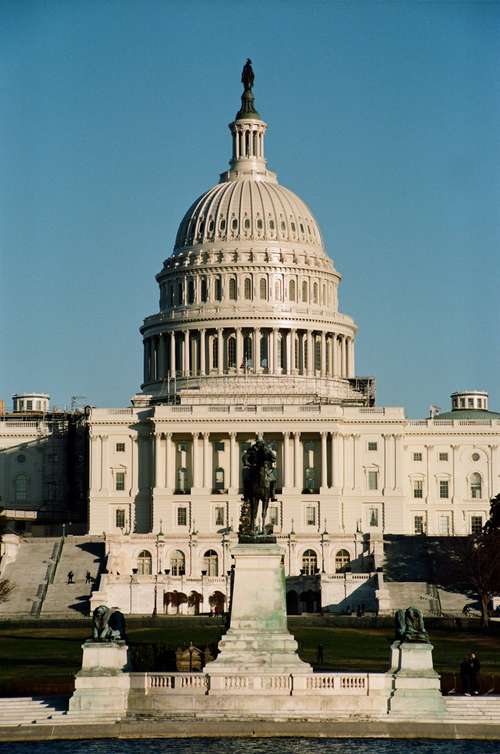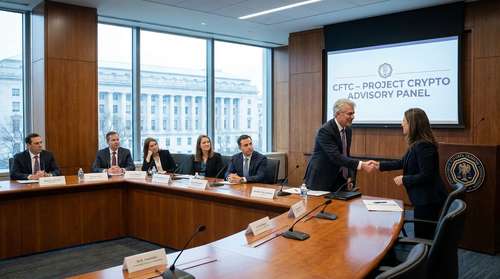
South Korea’s relentless pursuit of transparency in digital assets has led to a profound revelation.
An extensive investigation by the Anti-Corruption and Civil Rights Commission exposed a surprising financial narrative involving the country’s lawmakers and their engagement in the cryptocurrency market.
Over three years, from May 30, 2020, to May 31, 2023, members of the National Assembly partook in crypto transactions amounting to nearly $100 million.
Unveiling the Depth of Cryptocurrency Involvement
The findings, disclosed in a report released on December 29, highlight the substantial involvement of South Korean lawmakers in the crypto sphere.
Among the 298 sitting lawmakers scrutinized during the three-month investigation, a staggering revelation emerged—18 of these lawmakers had traces of digital asset possession within the last three years.
Even more striking, a mere 11 lawmakers accounted for the entirety of the substantial trading volumes recorded during this period.
According to the reports, the cumulative volume of cryptocurrency within these lawmakers' accounts was estimated at approximately 125.6 billion Korean won, equivalent to $97.6 million.
Bitcoin, unsurprisingly, emerged as the preferred digital currency among Korean lawmakers.
Nonetheless, the report shows a remarkable diversity, identifying a portfolio that included 107 other crypto assets within lawmakers’ accounts.
Legislative Action Prompted by Scandals
The unveiling of these extensive crypto holdings among lawmakers did not come without its share of scandals and subsequent legislative measures.
In May 2023, a member of the local Democratic Party faced intense scrutiny for failing to declare holdings valued at least $4.5 million in Wemix (WEMIX) tokens.
Consequently, the South Korean government unanimously passed a vital decision mandating the compulsory disclosure of crypto assets for civil servants.
Set to take effect in 2024, nearly 6,000 South Korean officials will be required to disclose their crypto holdings through the Public Official Ethics System.
Moreover, in a proactive move towards transparency, five major South Korean crypto exchanges—Upbit, Bithumb, Coinone, Korbit, and Gopax—will introduce independent “information provision systems.”
These systems aim to streamline the registration process for information about crypto holdings, ensuring greater transparency among officials and potentially curbing future controversies.
Shaping the Future of South Korean Laws and Cryptocurrency
The investigation into substantial crypto dealings among lawmakers has far-reaching consequences.
The government's decision to enforce mandatory disclosures shows a commitment to transparency and ethical conduct, particularly for digital assets.
This decision is monumental and sets a precedent for greater accountability and transparency within South Korea's politics. It will not only affect the lawmakers but also have broader implications.
So In an era where cryptocurrencies continue to influence global finance, South Korea's efforts to regulate and monitor the activities of public officials within the crypto space set a noteworthy example.
As these legislative measures take effect, the focus on ethical conduct and accountability within the crypto industry may set the tone for similar initiatives worldwide.
The intersection of South Korean laws and the crypto exchange signifies a pivotal moment in the evolution of regulatory frameworks and ethical standards governing digital asset transactions.



